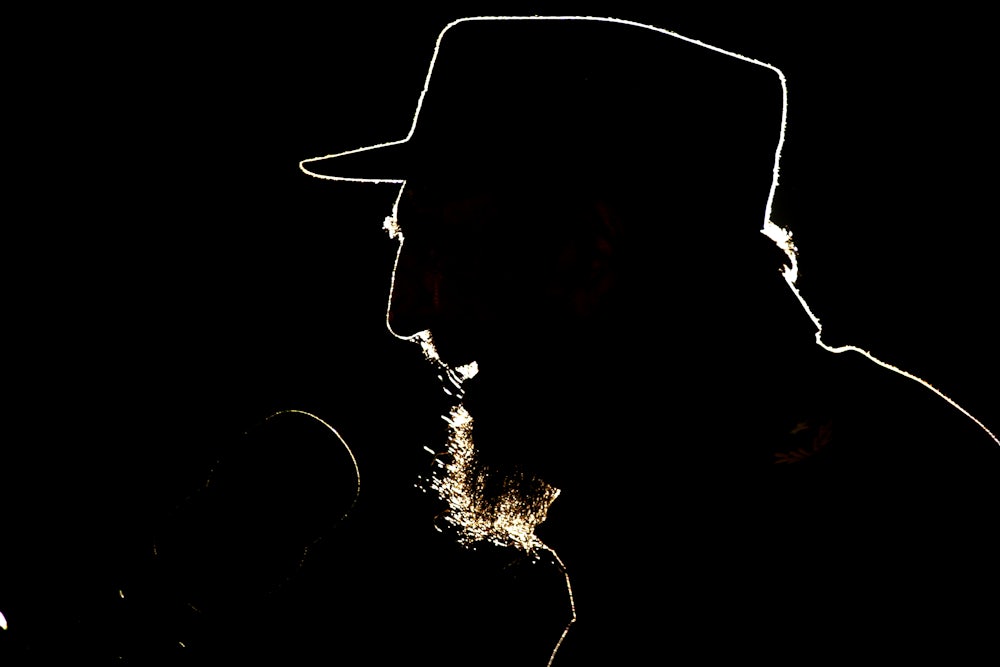What you thought of Castro, who died at the age of 90 on Friday, has always been a reflection of your politics, your nationality, and your age. He was a hero of the revolutionary left in Latin America, proving that a ragtag band of guerrillas could overthrow the Western Hemisphere’s hegemon. He was a communist stooge to the American officials who repeatedly tried to kill him, presiding over an outpost of the Soviet Union just off the coast of Florida. To Cubans themselves he was a dictator who impoverished the country, jailed and killed thousands of dissidents, and stripped citizens of their basic rights. And to those who came of age in the post-Cold War era, he was simultaneously a retro figure on a T-shirt and a cranky old man in an Adidas tracksuit.
The disintegration of the post-Cold War order—culminating in Brexit in Great Britain and the election of Donald Trump in the United States—has been mirrored in the chaotic response to Castro’s death. Jeremy Corbyn, the leader of Britain’s Labour Party, hailed Castro as a “champion of social justice,” which is decidedly more sympathetic than anything Tony Blair might have said. Paeans have poured in from predictable quarters (Brazil’s Dilma Rousseff, herself a one-time revolutionary) and those less so (Canada’s Justin Trudeau, the scion of a former prime minister). In the United States, a Democratic president who ushered in a new relationship with Cuba largely based on free market liberalization is being succeeded by a Republican businessman who has threatened to roll back this progress for a “better deal.”
What Trump and Cuban President Raul Castro plan to do now is the ultimate question hanging over Cuba in the wake of Fidel’s death. So far, Trump has indicated nothing more than that he is aware of the news, which we can all agree, even in these divided times, is a good start.
Fidel Castro is dead!
— Donald J. Trump (@realDonaldTrump) November 26, 2016
